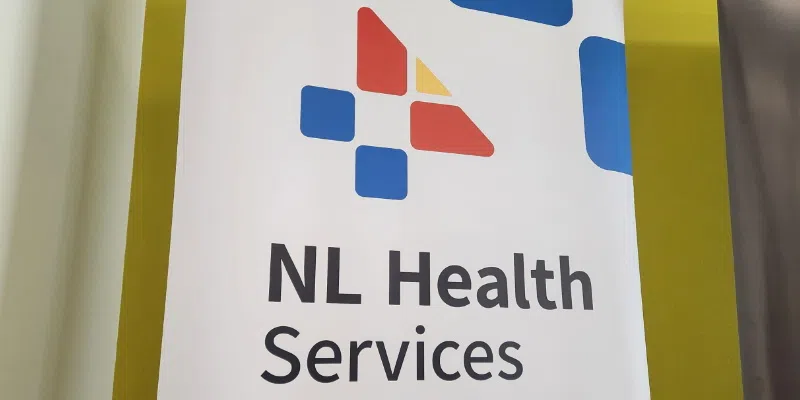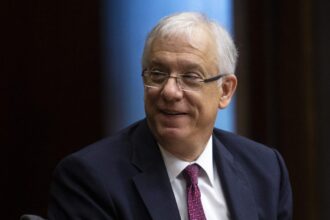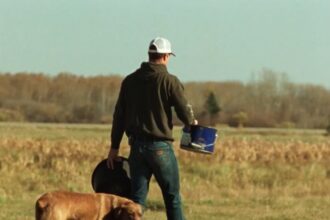In the quiet morgues of Newfoundland and Labrador, a somber reality has emerged that demands both administrative attention and human compassion. Provincial health authorities have initiated a comprehensive process to address the growing number of unclaimed remains—individuals who have passed away with no family members coming forward to make funeral arrangements.
The issue came to public attention following revelations that several bodies have remained in hospital morgues for extended periods, sometimes years, awaiting proper disposition. Newfoundland and Labrador Health Services confirmed Thursday they are now working systematically through these cases to ensure dignified final arrangements.
“We have a moral obligation to treat all deceased individuals with respect and dignity,” said Dr. Marion Reynolds, Chief Medical Examiner for the province. “When family cannot be located or are unable to make arrangements, the health authority must step in to ensure proper closure.”
The process is deliberately methodical. Once a death occurs and efforts to locate next of kin prove unsuccessful, health officials conduct extensive searches through medical records, contact potential relatives, and work with community organizations that might have connections to the deceased. Only after exhausting all possibilities do they proceed with arrangements for burial or cremation.
According to provincial regulations, unclaimed remains must be held for a minimum waiting period before the health authority can proceed with final arrangements. This allows time for potential family members to come forward, but also creates challenges for morgue capacity and resource allocation.
Financial considerations add another layer of complexity. The province’s assistance program provides limited funding for funeral services for those without means, but bureaucratic processes can further delay proceedings.
Community advocate Sarah Blackmore has been pressing for improvements to the system for years. “These are human beings who lived and contributed to our communities. Their final journey should reflect the dignity they deserve, regardless of their family situation or financial status.”
The health authority has partnered with several funeral homes across the province that provide services at reduced rates for unclaimed remains. These arrangements typically include basic cremation or burial services with minimal ceremony, though some funeral directors voluntarily provide additional dignities.
“We’re not just processing paperwork—we’re handling someone’s loved one, even if that person isn’t present to claim them,” said James Porter, a funeral director in St. John’s who has worked with the health authority on several such cases. “Every person deserves respect in death.”
The health services department has indicated they are reviewing their protocols to streamline the process while maintaining appropriate respect and diligence. Proposed changes include establishing dedicated staff positions to manage unclaimed remains cases and creating a standardized memorial service for those buried without family present.
This issue reflects broader societal changes, as increased mobility and changing family structures sometimes result in people passing away far from their support networks. For Newfoundland and Labrador, with its aging population and shifting demographics, addressing this challenge compassionately remains critical.
As our communities continue evolving, how might we better honor the final dignity of those who leave this world without family to guide their passage, and what responsibility do we collectively bear for ensuring no one’s final journey occurs in isolation?










